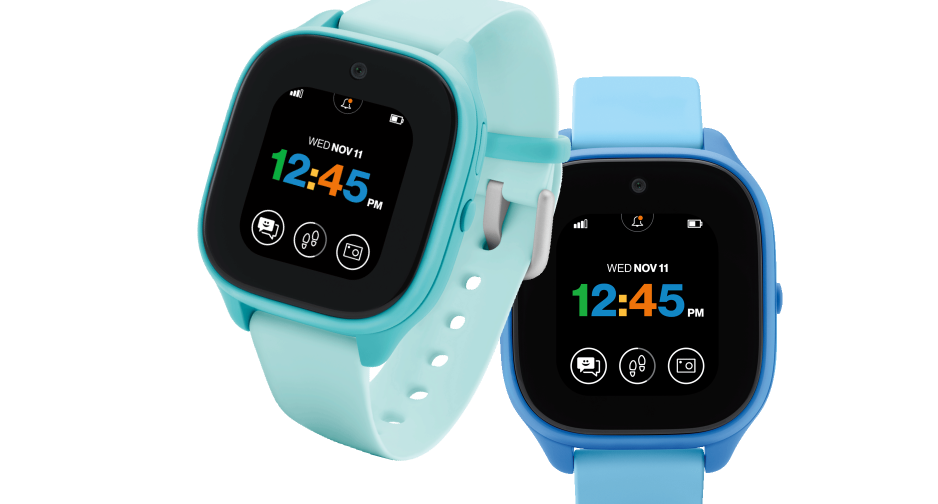Menú
There are no eligible items
Parenting in a
Digital World
Research-based strategies,
and parent-proven tips.
In association with:





Conversations
start here.
Connection and open conversation between caregivers and kids is the most important strategy for today’s digital parents. We’re here to help.
Articles and features
Screens, teens and sleep: Strategies for a better bedtime
Discover how screen time affects teen sleep patterns and learn practical tips for establishing healthier nightly routines, ensuring that your teenager gets the rest they need.
Parent-proven tip
When is my child ready for a smartphone? It’s not about the specific age. Kids need to form a sense of identity outside of technology—not with technology.
Beatrice (Bea) Moise, M.S., BCCS
Bea is a Board-Certified Cognitive Specialist, parenting coach, national speaker, and author of "Our Neurodivergent Journey."

